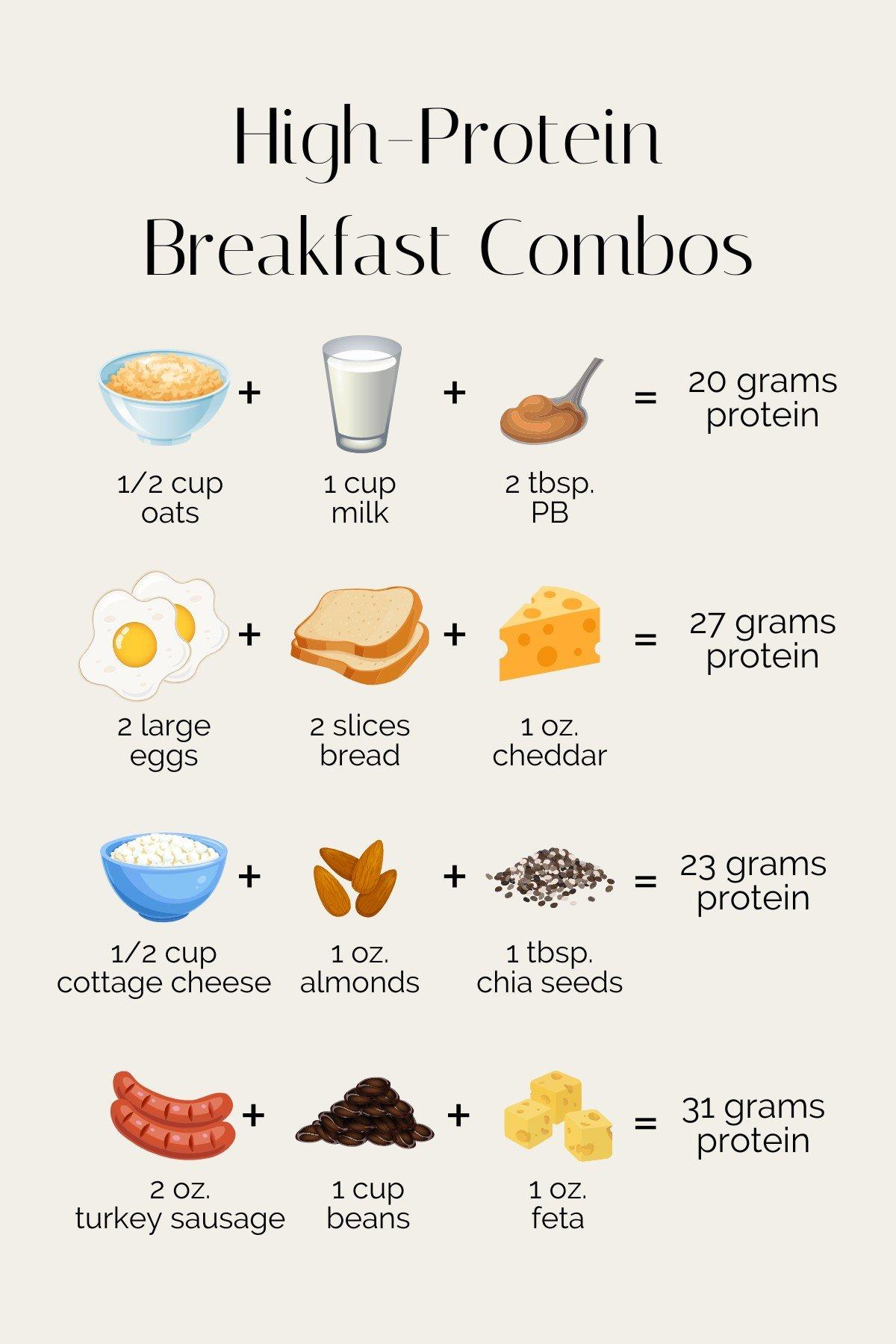Building muscle is not just about lifting weights; it’s equally about what you put on your plate. Achieving optimal muscle growth requires a strategic approach to nutrition, with a particular focus on high-protein foods. Protein is the cornerstone of muscle repair and growth, serving as the building blocks for the development of strong, lean muscle tissue. In this guide, we will explore the best high-protein foods that can enhance your muscle gain journey. From lean meats and dairy products to plant-based alternatives, these nutrient-dense options will help you maximize your muscle-building potential and support your fitness goals with confidence and precision. Prepare to transform your diet and elevate your training results by incorporating these powerful protein sources into your daily regimen.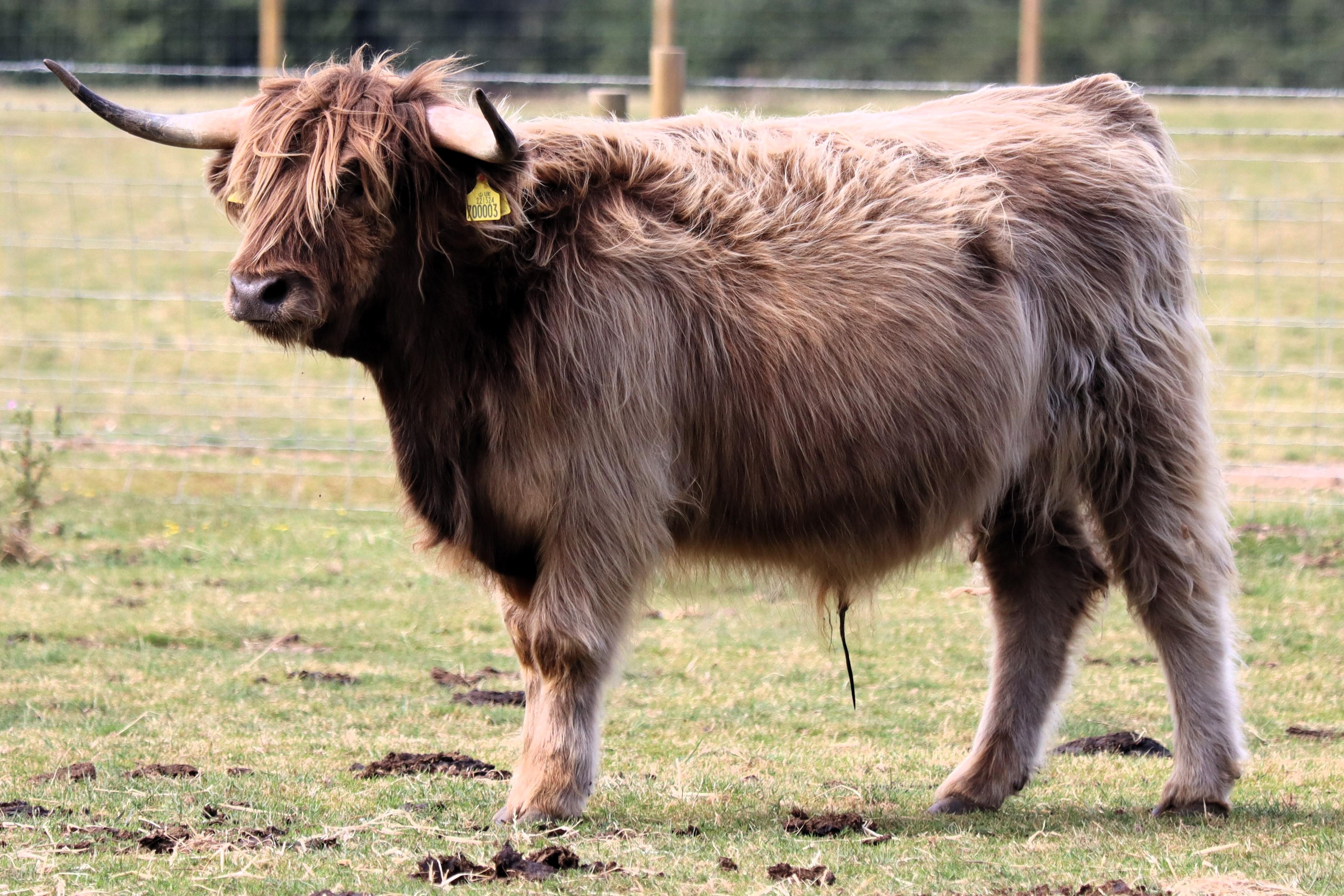
Choosing Lean Meats and Poultry for Optimal Muscle Growth
When it comes to building muscle, not all protein sources are created equal. Lean meats and poultry offer a powerhouse of essential nutrients without the excess fat that can slow down your progress. Chicken breast is a classic choice, renowned for its high protein content and versatility in recipes. It’s a staple for anyone serious about muscle gain. Turkey is another excellent option, providing a similar protein punch with a slightly richer flavor profile.
Incorporating a variety of lean meats ensures a balanced intake of amino acids necessary for muscle repair and growth. Consider adding the following to your diet:
- Lean beef – Offers a great source of creatine and iron, essential for energy and oxygen transport.
- Pork tenderloin – A lean cut that provides a generous amount of protein and is rich in thiamine.
- Lean lamb – Not only a protein-rich choice but also a good source of zinc and selenium.
For those looking to diversify beyond poultry and red meat, duck breast is a flavorful alternative with a robust protein profile. Opt for skinless options to keep fat intake in check. By strategically selecting these lean meats and poultry, you’re not just feeding your muscles—you’re fueling them for optimal growth.
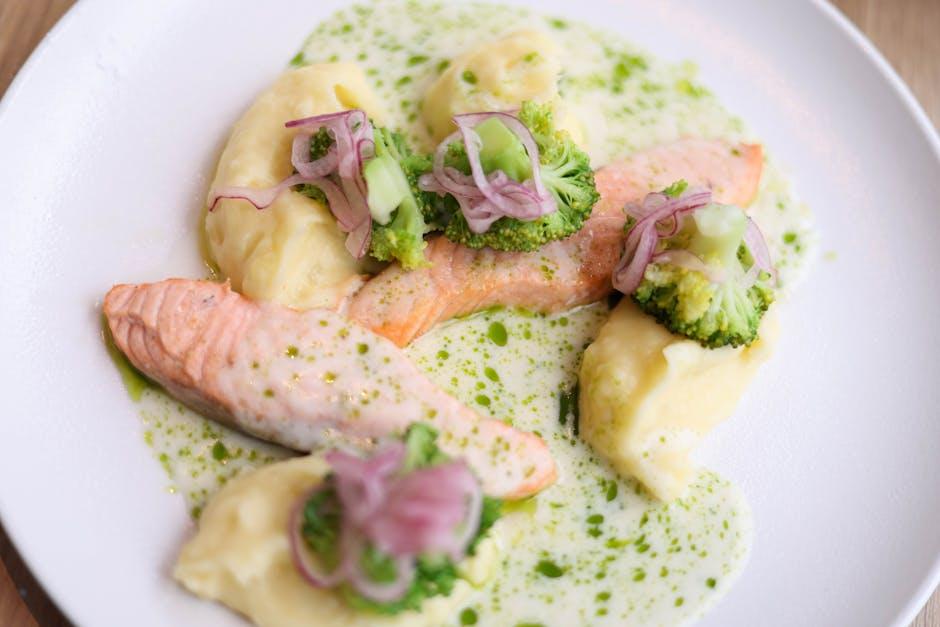
Harnessing the Power of Fish and Seafood for Protein Boost
Integrating fish and seafood into your diet is a strategic way to elevate your protein intake, especially for those focused on muscle gain. These aquatic sources are not only rich in high-quality protein but also packed with essential nutrients that support muscle recovery and growth. Here are some top picks that should be on your plate:
- Salmon: Known for its high protein content and abundance of omega-3 fatty acids, salmon helps reduce muscle inflammation and supports overall muscle health.
- Tuna: A staple for many athletes, tuna offers a lean protein option that’s low in fat but high in essential amino acids.
- Shrimp: These little crustaceans are not only low in calories but also provide a potent protein punch, making them an ideal choice for muscle-building diets.
- Cod: This white fish is an excellent source of lean protein and is easy to incorporate into various dishes, providing versatility alongside nutritional benefits.
Including these protein-rich options in your meals can significantly contribute to your muscle-building goals. Remember, balance is key, so pair these with other nutrient-dense foods for optimal results.
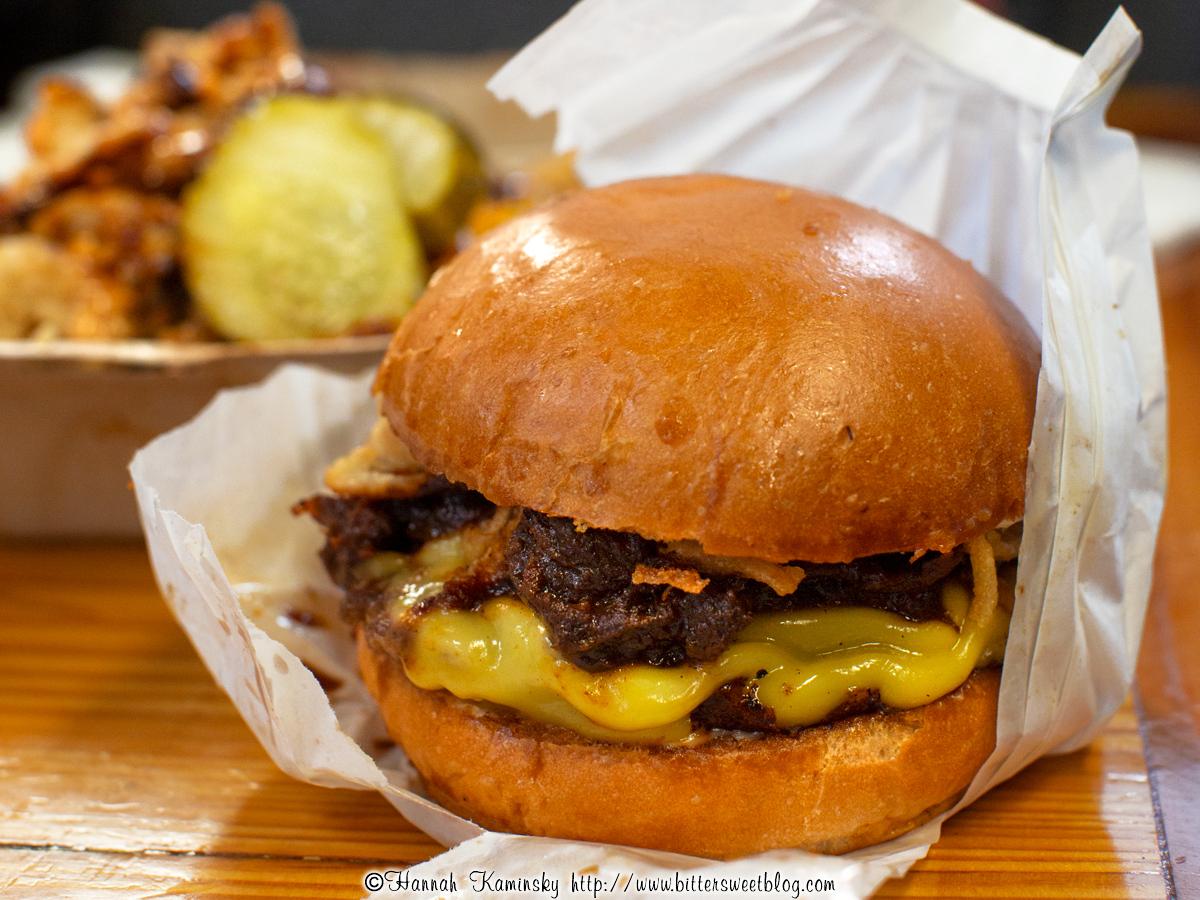
Incorporating Plant-Based Proteins for a Balanced Diet
Plant-based proteins offer a robust alternative to traditional animal proteins, catering to those looking to build muscle while embracing a more sustainable diet. These proteins are not only rich in essential amino acids but also come packed with fiber, vitamins, and minerals. To effectively integrate these into your diet, consider the following nutrient-dense options:
- Lentils: With around 18 grams of protein per cup, lentils are a powerhouse. They’re versatile, working well in soups, stews, or even as a salad topping.
- Quinoa: A complete protein source, quinoa offers about 8 grams of protein per cup and can be a base for salads or a hearty side dish.
- Chickpeas: These legumes provide approximately 15 grams of protein per cup and can be enjoyed roasted, in hummus, or added to curries.
- Tofu and Tempeh: Both derived from soybeans, tofu provides about 10 grams of protein per half-cup, while tempeh offers even more at around 15 grams. They can be grilled, stir-fried, or added to sandwiches for a protein boost.
- Chia Seeds: While not as high in protein by weight, chia seeds add about 5 grams per ounce and can be incorporated into smoothies, puddings, or as a topping for yogurt.
Embracing these plant-based proteins can help diversify your diet while ensuring you meet your muscle-building goals. The key is to combine different sources throughout the day to ensure you’re getting a complete amino acid profile, supporting optimal muscle repair and growth.
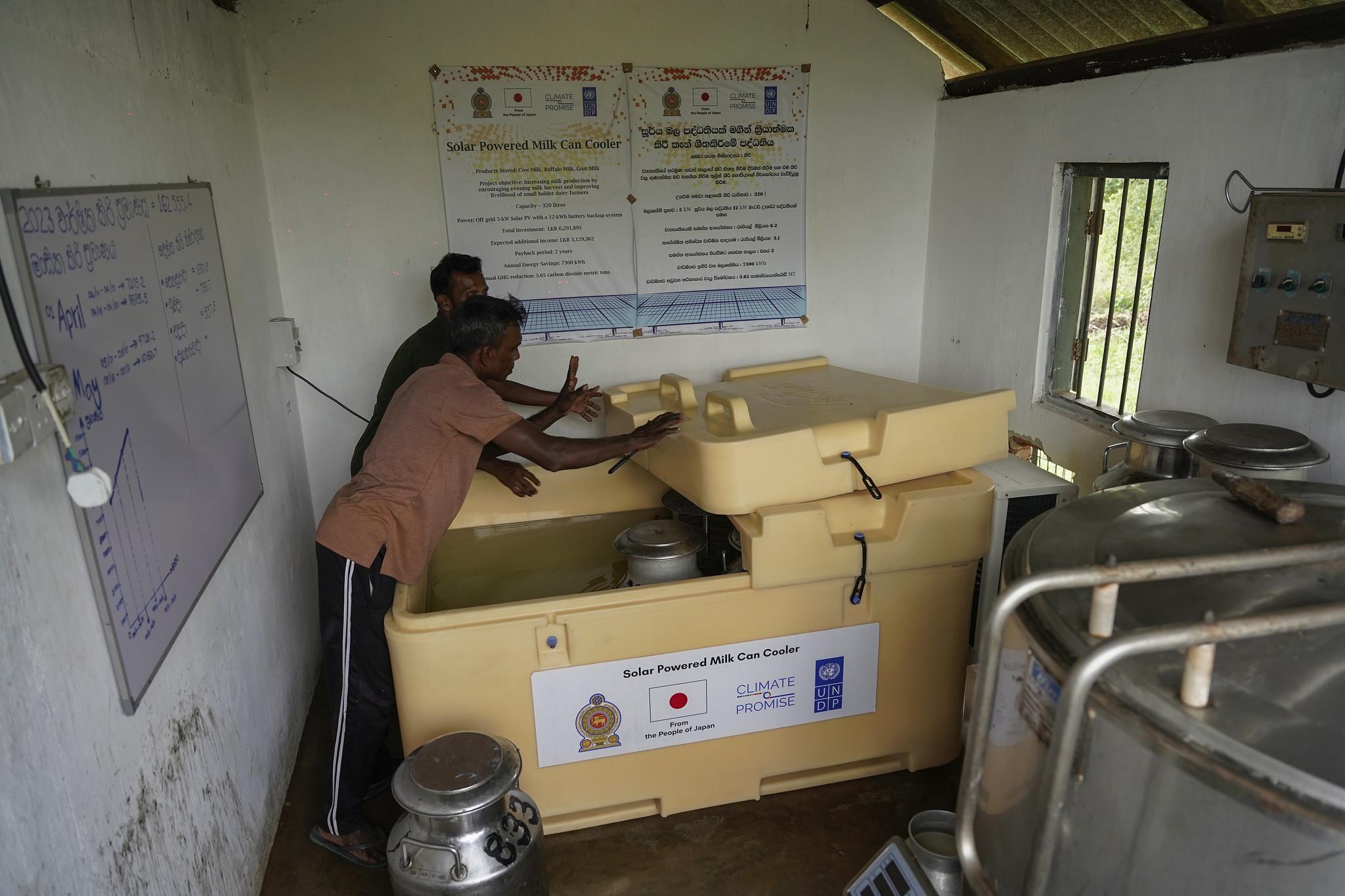
Maximizing Benefits from Dairy and Eggs for Muscle Building
When it comes to building muscle, dairy and eggs are powerhouse foods that shouldn’t be overlooked. Both offer an abundance of high-quality protein and essential nutrients that can significantly enhance your muscle-building journey. Let’s break down the key benefits:
- Eggs: Known as the gold standard of protein, eggs are incredibly versatile and nutrient-dense. Each egg contains approximately 6 grams of protein, along with essential amino acids that support muscle repair and growth. Don’t shy away from the yolk; it’s packed with vitamins like B12, which aids in energy production and muscle contraction.
- Greek Yogurt: This thick, creamy dairy option boasts double the protein content of regular yogurt, making it an excellent post-workout snack. It’s also rich in probiotics, which help maintain a healthy gut—crucial for nutrient absorption and overall recovery.
- Cottage Cheese: Loaded with casein protein, cottage cheese provides a slow-releasing source of amino acids, perfect for overnight muscle recovery. It’s also a great source of calcium, promoting strong bones and preventing injury.
- Milk: A natural blend of whey and casein proteins, milk supports both immediate and sustained muscle repair. Opt for low-fat or skim versions to maximize protein intake without excess calories.
Incorporate these dairy and egg options into your diet to optimize your muscle-building efforts. Whether you’re whipping up an omelet, blending a protein-packed smoothie, or enjoying a creamy bowl of Greek yogurt, these foods will help you achieve your fitness goals with confidence.

